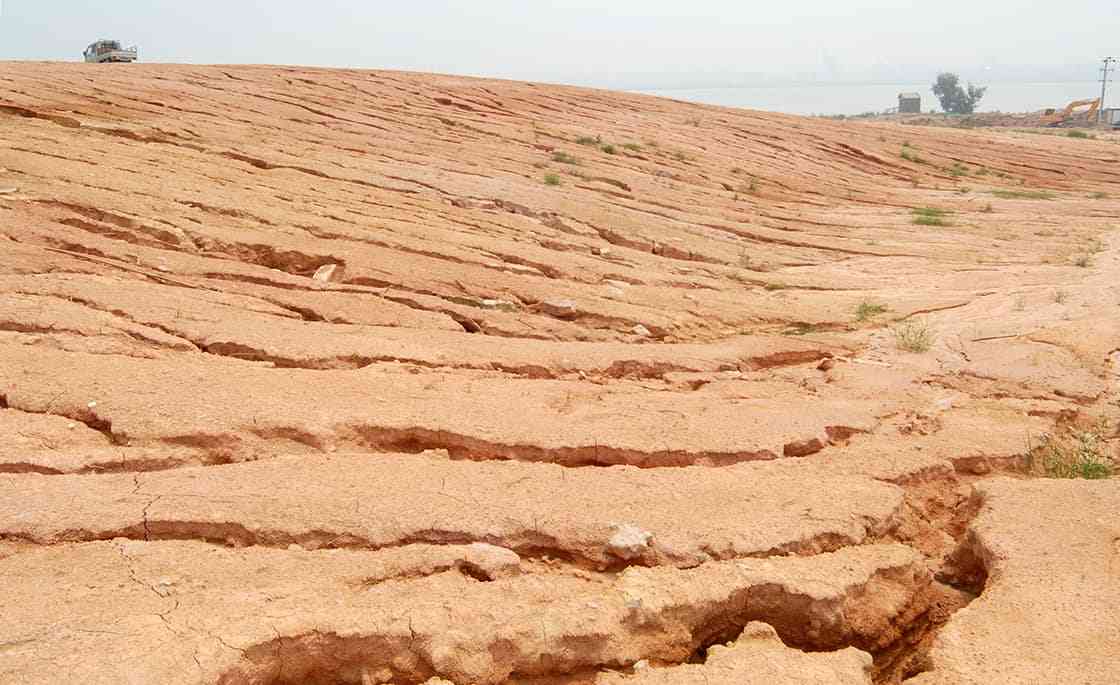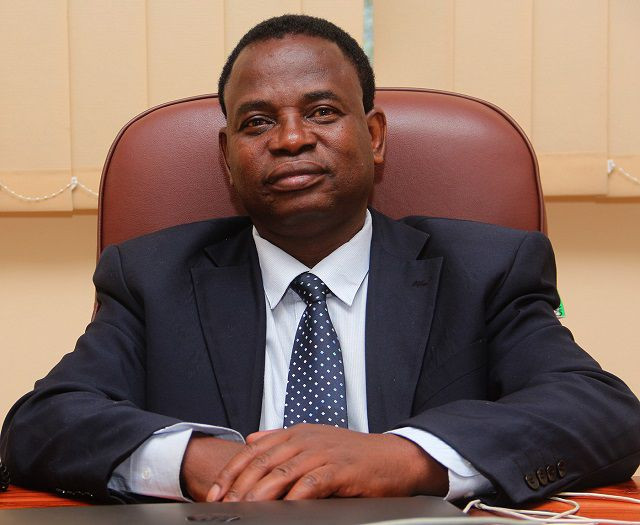By Sindiso Dube recently at Hwange National park Zimbabwe will this month host an elephant summit to discuss conservation, elephant management and the negative impact of the ban on international trade in elephant by-products.
The summat the Hwange National Park, will be attended by 14 African countries and the ambassadors of Japan and China.
The association of wildlife, their management, and revenues are key economic contributions in the participating countries and the upcoming summit is meant to set a common agenda for the management of elephants ahead of COP15.
Taking place under the Convention on Biological Diversity, COP15, the 15th meeting of the Conference of the Parties is hosted by China and is an opportunity for all countries to come together to agree on a plan to set nature in recovery, for a nature-positive world by 2030.
The 15th meeting of the Conference of the Parties (COP) will be held in Kunming, China in two phases. Phase one takes place virtually, from October 11 to 15 and will include a High-Level Segment from October 12 to 13. Phase two will be an in-person meeting in Kunming.
Speaking ahead of the summit, Environment, Climate, Tourism and Hospitality Industry deputy minister Barbra Rwodzi said African countries should speak with one voice and protect their trade interests.
Keep Reading
- Chamisa under fire over US$120K donation
- Mavhunga puts DeMbare into Chibuku quarterfinals
- Pension funds bet on Cabora Bassa oilfields
- Councils defy govt fire tender directive
“We are going to have an elephant summit and we have invited 14 countries that will be represented by their ministers of environment and climate,” Rwodzi said.
“The objectives of the summit are to discuss the conservation and management of elephants in our region and in our country.
“We have the capacity of 45 000, but as you may know with the good management of our elephants we now sit on 90 000 elephants across the country and that makes us the biggest in the region.
“Let’s come together as Africa before COP15 and discuss this because we have other countries or regions outside Africa who are fighting that elephants should be put in appendix one where there won’t be any trade in elephants and its by-products. Currently they are under appendix two where minimum trade is allowed.
“It’s not only Zimbabwe which is affected by this, but all the African countries hence the call that let’s have a discussion together and go to COP15 with one voice and one vision, let’s avoid the placement of elephants on appendix one.”
Meanwhile, the Zimbabwe National Parks and Wildlife Management Authority (ZimParks) has entered into a conservation partnership with the International Fund for Animal Welfare (IFAW) that has seen the rehabilitation of facilities in the Hwange National Park in Matabeleland North province.
IFAW and ZimParks signed a five-year agreement in 2019 which became effective in 2020, meant to unlock US$1 million per year over five years towards various projects in the park.
In the past two years, IFAW has injected US$2 million for the projects which include the construction of the new Makona Camp where staff quarters, offices and operations workshops are nearing completion.
Another project under the agreement is the refurbishment of the road from the Main Camp to Makona Camp. IFAW has also funded the construction of 10 semi-detached houses for security personnel from ZimParks and also the construction of a veterinary laboratory.
Speaking on the side-lines of a media tour of the project, ZimParks spokesperson Tinashe Farawo heaped praise on IFAW.
“We are grateful for this funding from IFAW that has enabled us to become more effective in our conservation efforts. We managed to construct houses for our frontline rangers and reactions unit at Makona Camp,” Farawo said.
“We have been struggling to manage our conservation efforts, initially our people had to travel from Main Camp to Makona Camp which is a long distance but now they can live within their area of operation.”
ZimParks’ anti-poaching activities have received a major boost after getting three patrol boats under the one million euro Covid-19 relief fund for the tourism sector.
The fund is granted to countries in the Kavango — Zambezi Trans-frontier Conservation Area by the Germany government.





